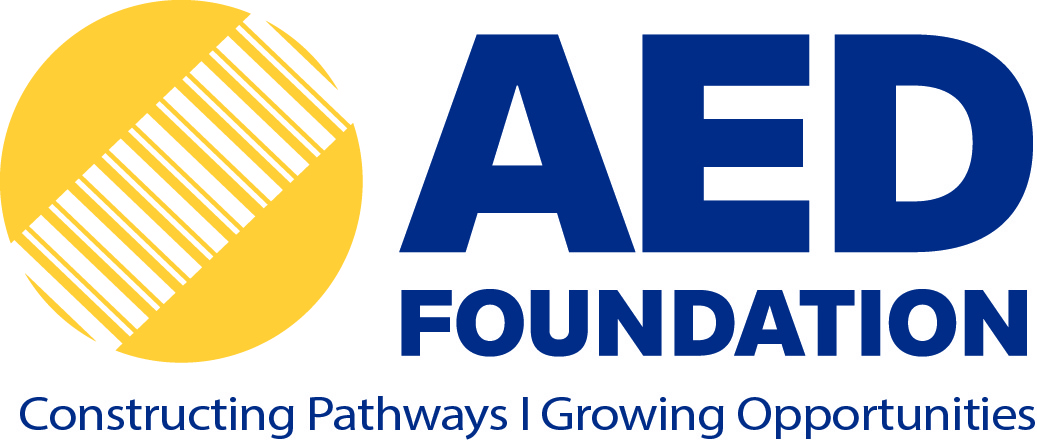
Development of the CASE Agricultural Equipment Maintenance & Technology course was made possible by a 3-year National Science Foundation grant and has been led by CASE and AgCentric at Central Lakes College, along with Northland Community and Technical College, Ridgewater College, and other industry partners.
AEMT is an ag equipment maintenance and technician course designed to provide students with the skills needed to enter the career field as an agricultural technician. Throughout the course, students develop a technician’s troubleshooting mindset through rigorous hands-on experiences in the classroom and laboratory.
In partnership with industry and Associated Equipment Distributors Foundation (AEDF), AEMT is recognized as a program that teaches students skills needed to jumpstart their career in the equipment industry. Each school is partnered with a local equipment dealership to provide guidance, support, and lend equipment.

Professional development events preparing teacher to implement full-year CASE courses. Institutes provide teachers the content and skills needed to use CASE curricula in their classroom. CASE Institutes range from five to eight days in a hybrid, in-person, or virtual format.

Application to become an AEDF Recognized High School Program

CASE provides a comprehensive professional development experience, in addition to a work-life balance so teachers can best educate their students. Course work is adaptable and customizable based on teacher preference to fit all geographies and communities.

The Agricultural Equipment and Maintenance and Technology (AEMT) curriculum aligns with the CNH Top Tech Programming. The CNH Top Tech program prepares students for agricultural technician and precision careers with Case New Holland. Students with these certifications will be prepared to enroll in the CNH Top Tech programs at partnering post-secondary schools nationwide.
.png)